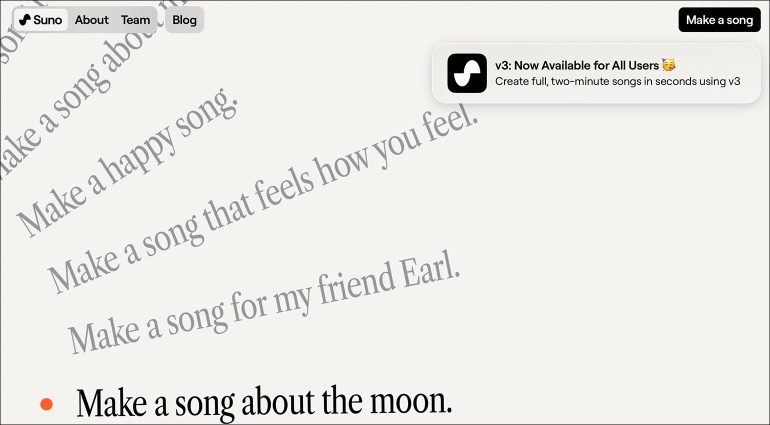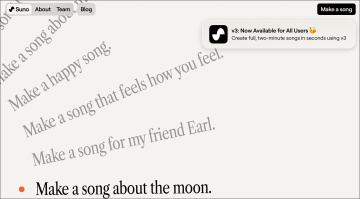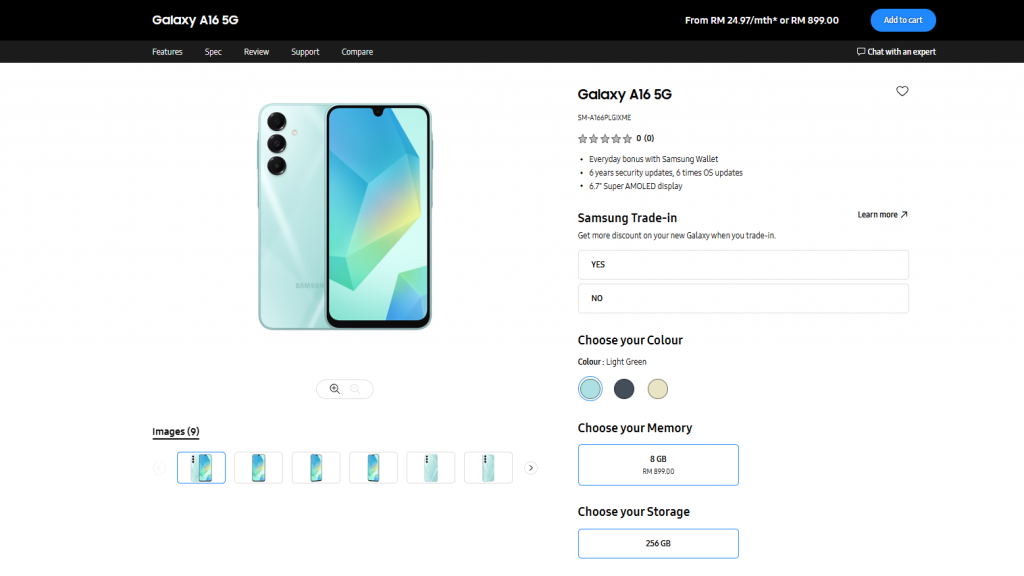Music generators are nothing new. In the past two years, Google, Facebook, and Adobe all have presented concept studies with algorithms that create a piece of music from a text prompt. But the music generator Suno ups the ante. It creates complete compositions in just about any popular genre with up to two minutes in length. Did composers and songwriters authorize the use of their works and were they compensated for Suno’s training material?
Suno AI: From prompt to song
The idea is simple: type a prompt like “rock anthem about how much I hate doing taxes” and Suno will create two song suggestions, including lyrics. Initially, the ai service was mainly operated through a Discord server, much like AI graphic heavy-weight Midjourney. Discord is a chat software that was used primarily by gamers. But these days, just about any music brand or artist has a Discord server.
On Suno’s Discord server, you would enter one of the Chatrooms, type in the command “/chirp,” describe the music you were looking for, like “Rock” or “Dark Ambient,” and enter lyrics. You could also have the AI generate them for you based on a topic. The music generator would then generate complete compositions with up to 40 seconds of lyrics and music. Suno’s Discord server has over 40,000 members.
But using a Discord server isn’t user-friendly if you aim for mass adoption. And while the results were impressive, given that AI-produced songs with vocals were usually unintelligible before this AI, the production quality was still rather basic. But with a recent update, everything changed.
Up to five songs for free, but who is getting paid?
Now, you just log in to Suno’s website, enter your prompt, like “create a German Schlager song about how much you love music gear” and the results are pretty impressive. Generating one song costs ten credits and you get fifty credits for free. In addition, you only get a non-commercial license, meaning you can’t upload these songs to Spotify or other DSPs through your digital distributor.
But there is a subscription service, of course. For $10 you get a “general” commercial license and 2,500 credits per month, which will allow you to create 500 songs. With the “Premier Plan”, you get 10,000 monthly credits, which allow you to generate a staggering 2,000 songs per month. Who needs Spotify, if you can have a playlist full of songs about your last holiday?
The biggest question, to me, as both a tech enthusiast but also a musician, is if those whose lyrics and compositions were used to train Suno’s model were asked and financially compensated. Because so far, AI’s track record regarding authorization and compensation for training material isn’t great, to say the least. In a recent feature by RollingStone magazine, Suno’s founders were quoted saying that they will not reveal what music they trained their AI music generator on.






